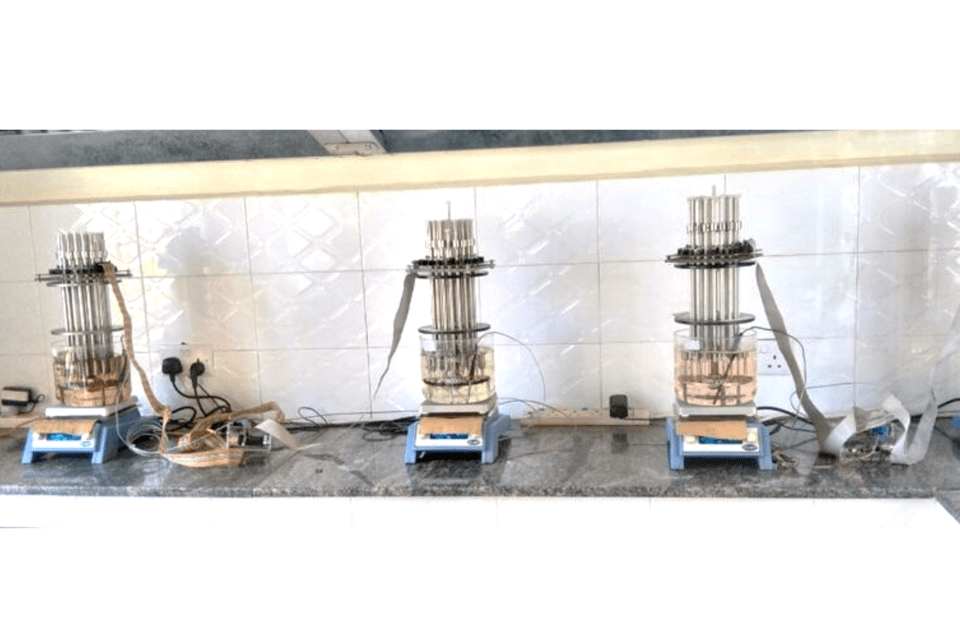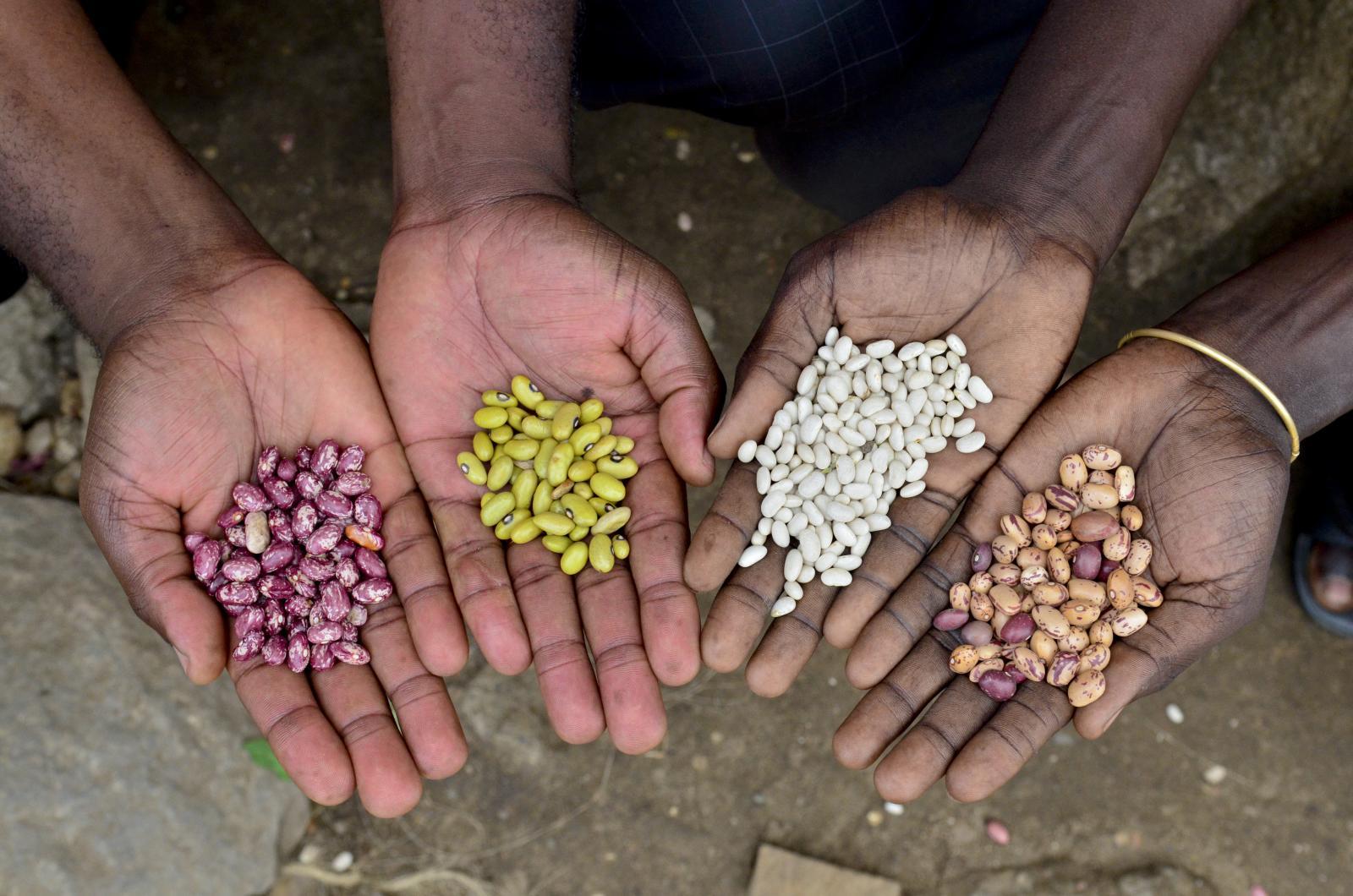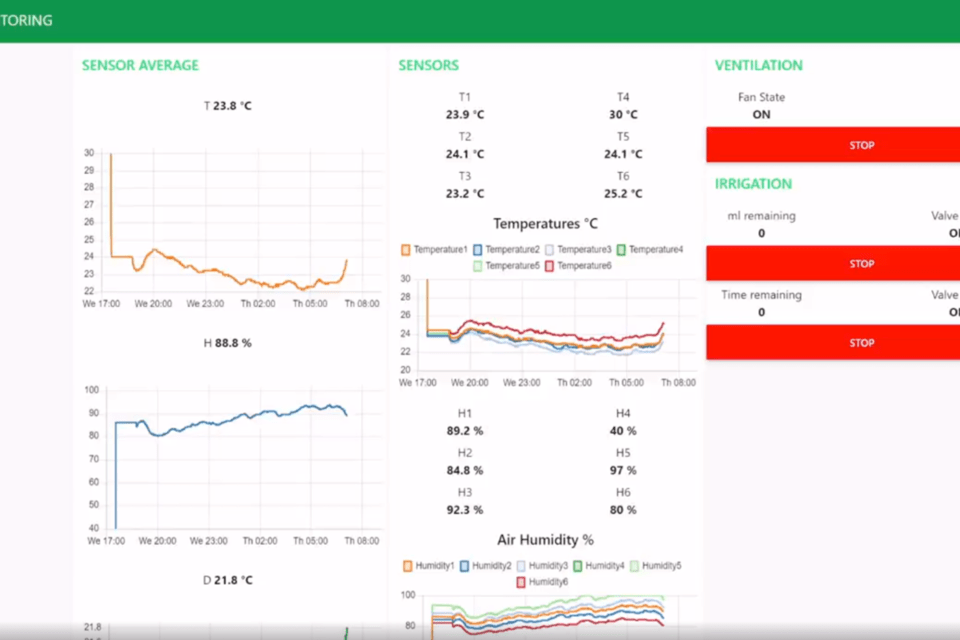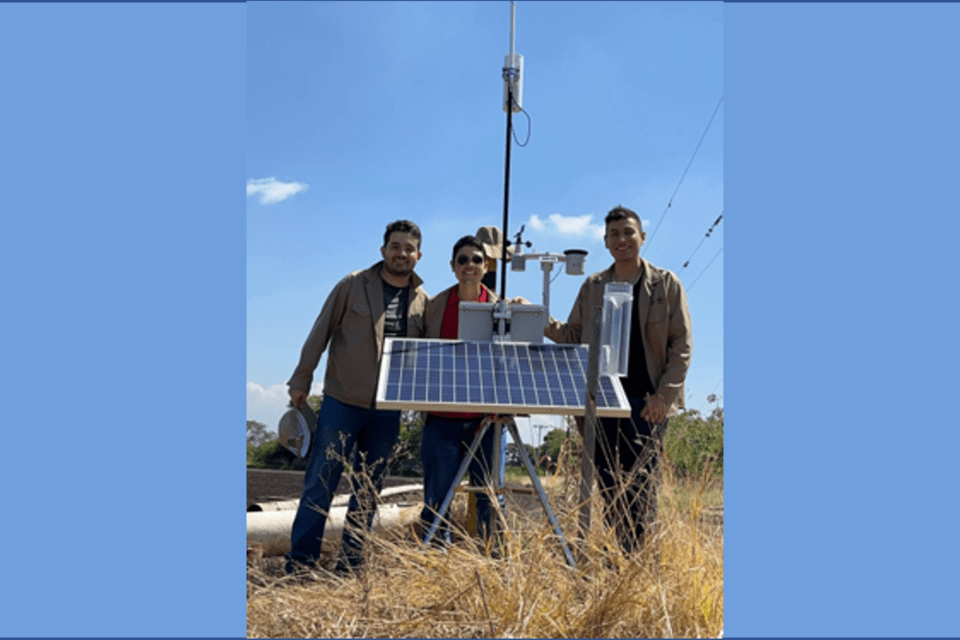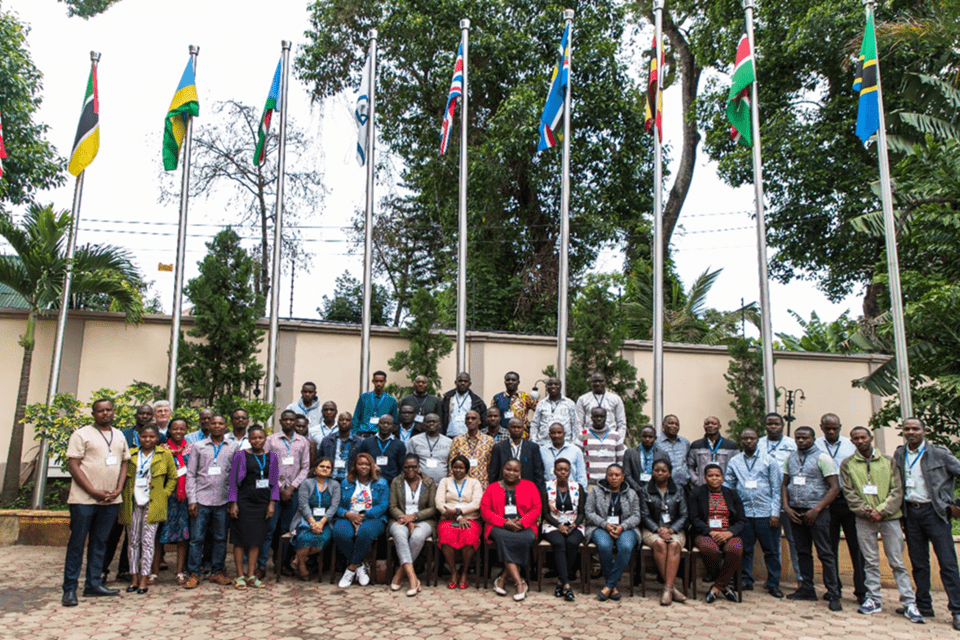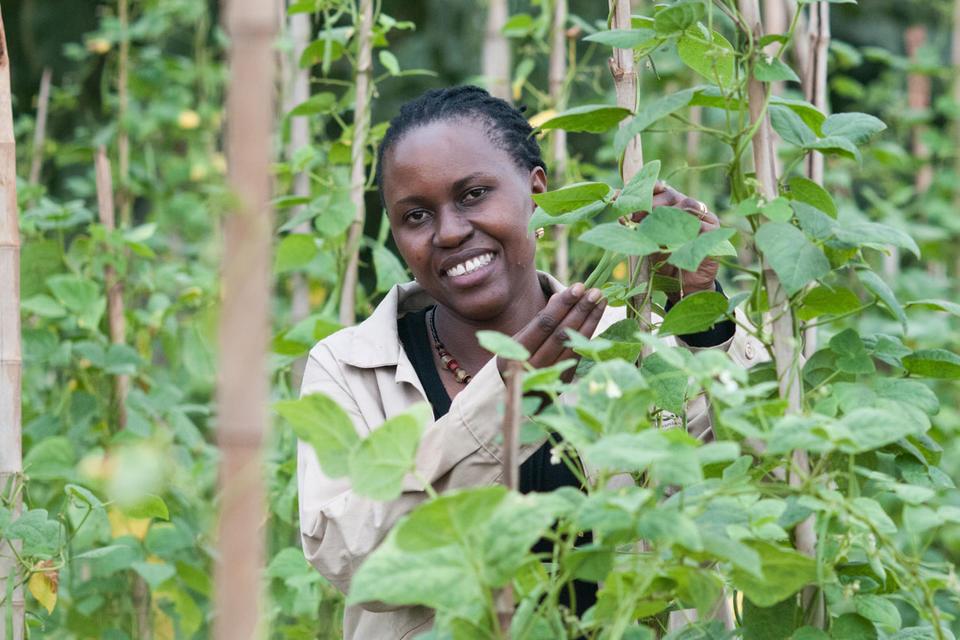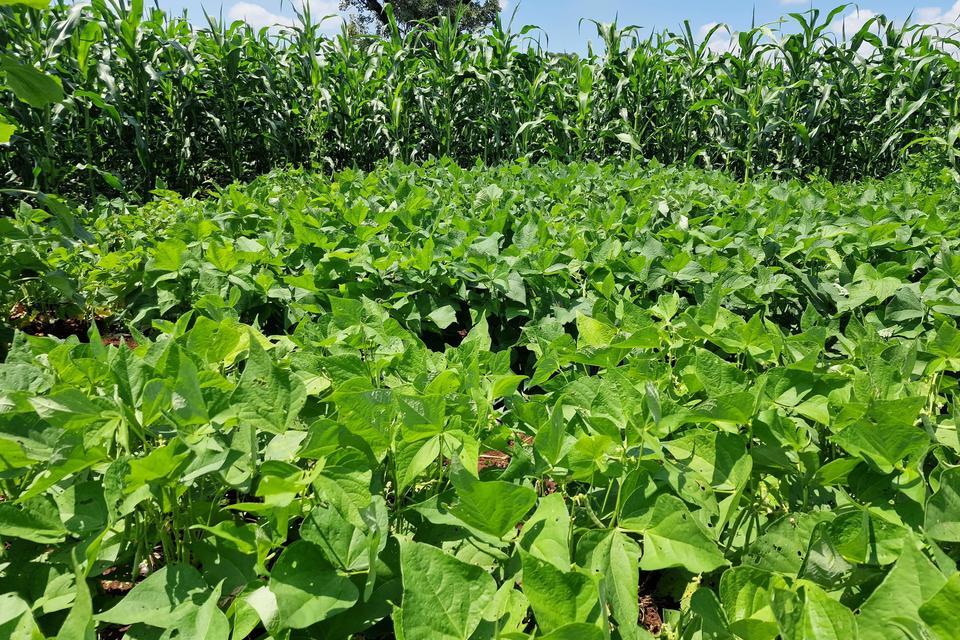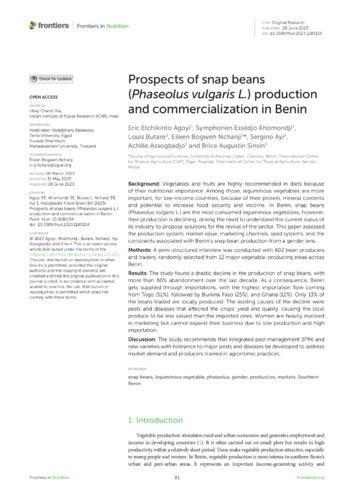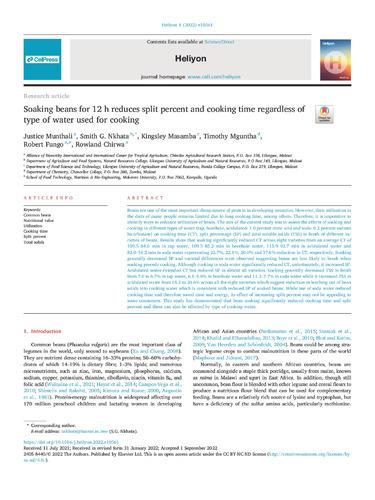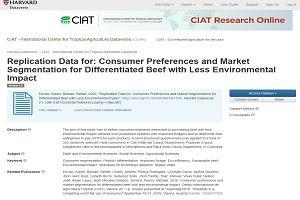The bean program is funded through generous donations from institutions, and we gratefully acknowledge their commitment and contributions.
The funding goes directly to facilitate the operations of the alliance, its three regional bean research networks, and research and development projects within PABRA.
National government investment
The national governments who are member countries contribute substantial investments in their national agricultural programs, and thus, make a considerable contribution to bean research, which is shared across the network. In many of these countries, the amount of government funding has grown exponentially over the years with the success of PABRA.
Project-related support
PABRA also receives project-specific support from some of our development partners, which is related to thematic areas, such as breeding or market development, or targets one or more countries or specific regions.
